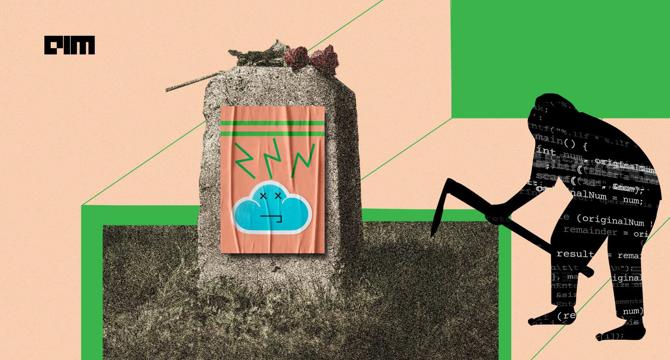Analyticsindiamag
1w
80

Image Credit: Analyticsindiamag
Why Traditional SaaS is Under Threat
- Klarna, a fintech unicorn valued at $46bn, is ending its service provider relationships with Salesforce and Workday as part of a major internal overhaul driven by AI initiatives.
- A number of firms are opting to move away from its previous SaaS providers in favour of building in-house solutions.
- Many feel that with the advent of GenAI coding tools like GitHub Copilot and Anthropic’s Claude, one can expect software development to become cheaper and the job market for coders to evolve, creating a more accessible environment for talent, although at lower price points.
- Developing in-house AI involves higher initial costs due to infrastructure, talent acquisition, and maintenance expenses.
- However, in the long run, SaaS costs can add up as subscription fees scale with use.
- “The choice between in-house AI development and SaaS adoption depends heavily on an organisation’s specific situation, goals, and resources,” said Pradeep Sanyal, AI and data leader at a global tech consulting company.
- Notably, all SaaS companies, including Salesforce and Oracle, are stepping up efforts to integrate AI solutions into their offerings.
- On the other hand, NVIDIA chief Jensen Huang believes that SaaS is sitting on a goldmine.
- Hybrid approach is becoming popular as companies are using SaaS to initiate quickly and fill gaps while building in-house capabilities for their most critical, differentiating AI needs.
- B2B SaaS companies, which are taking a lot of data from businesses, will have a gloomy future.
Read Full Article
4 Likes
For uninterrupted reading, download the app